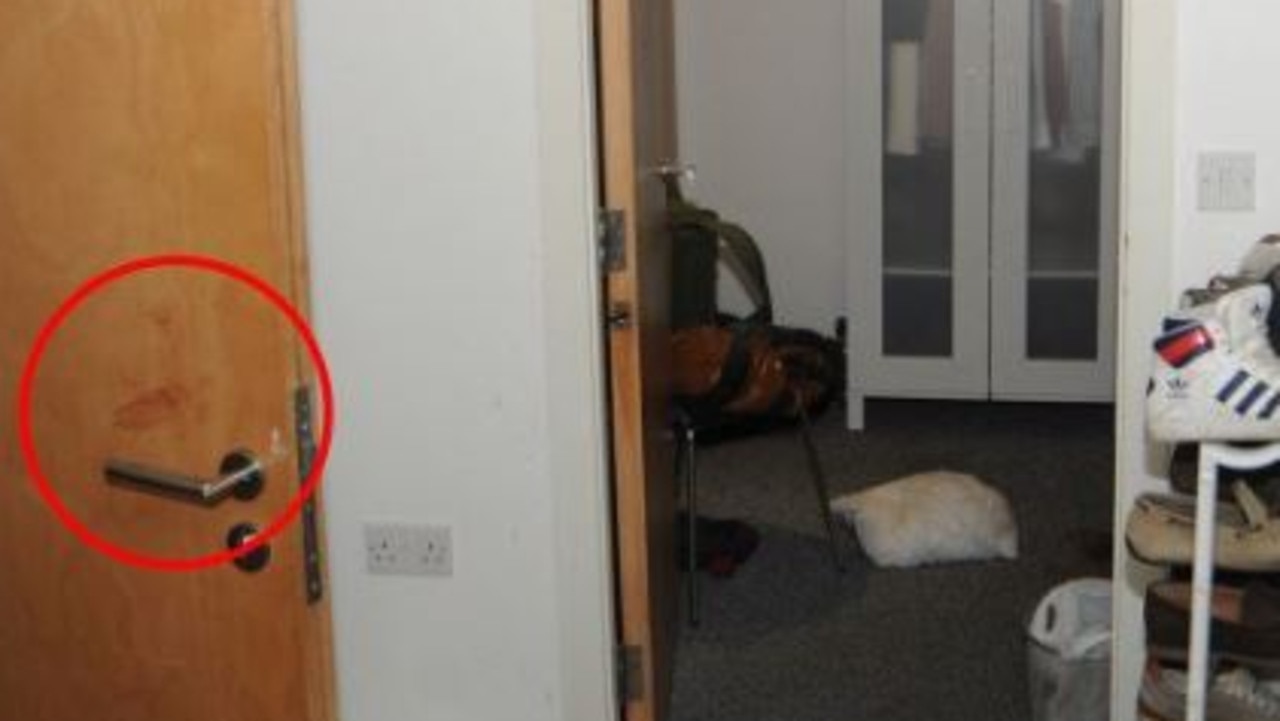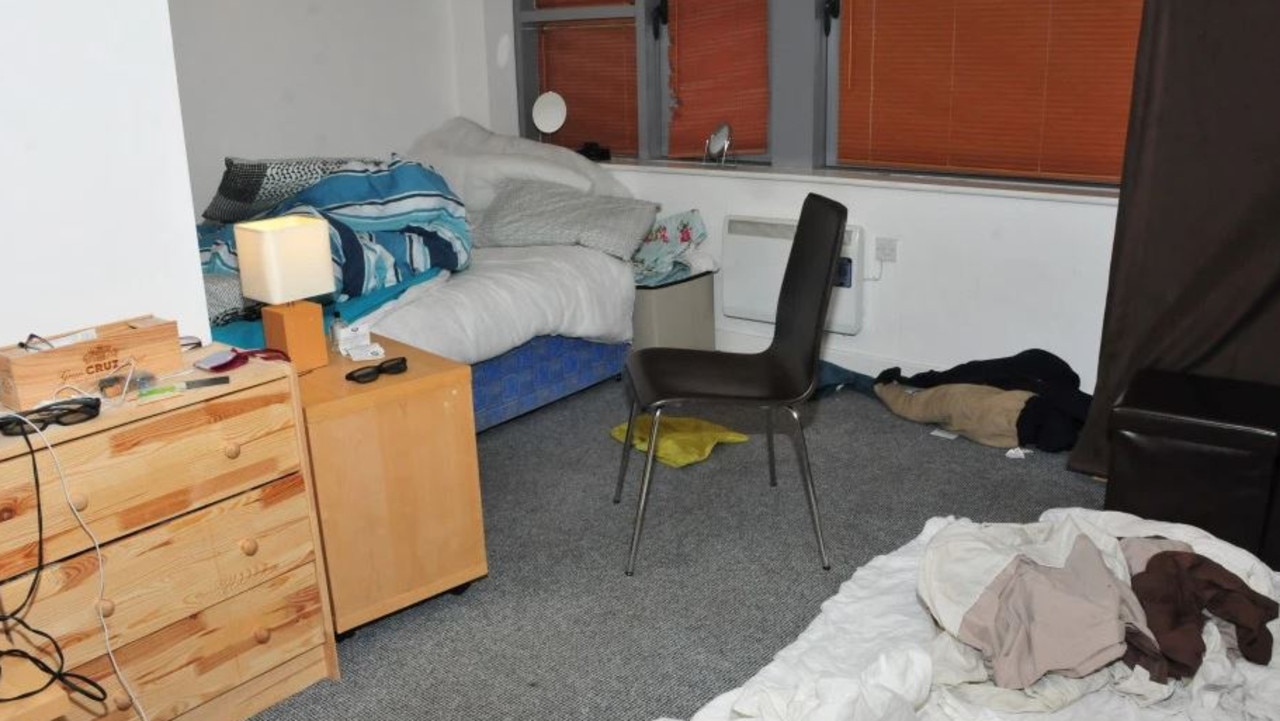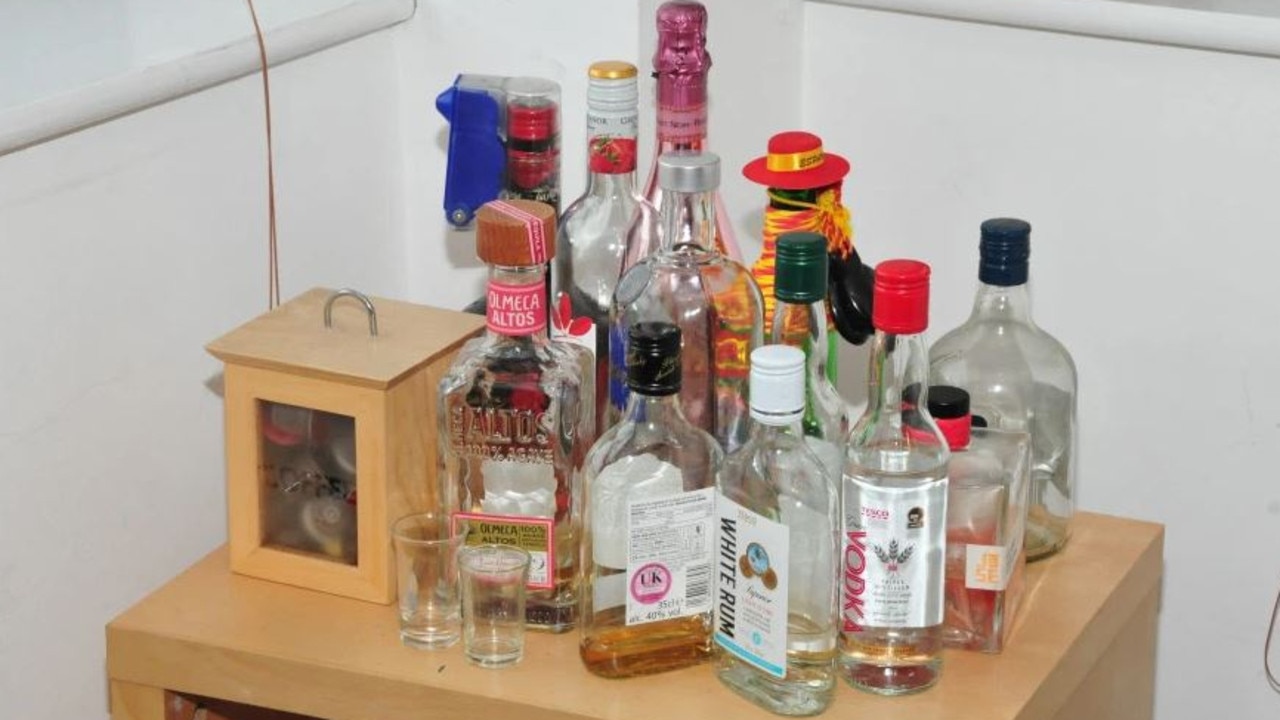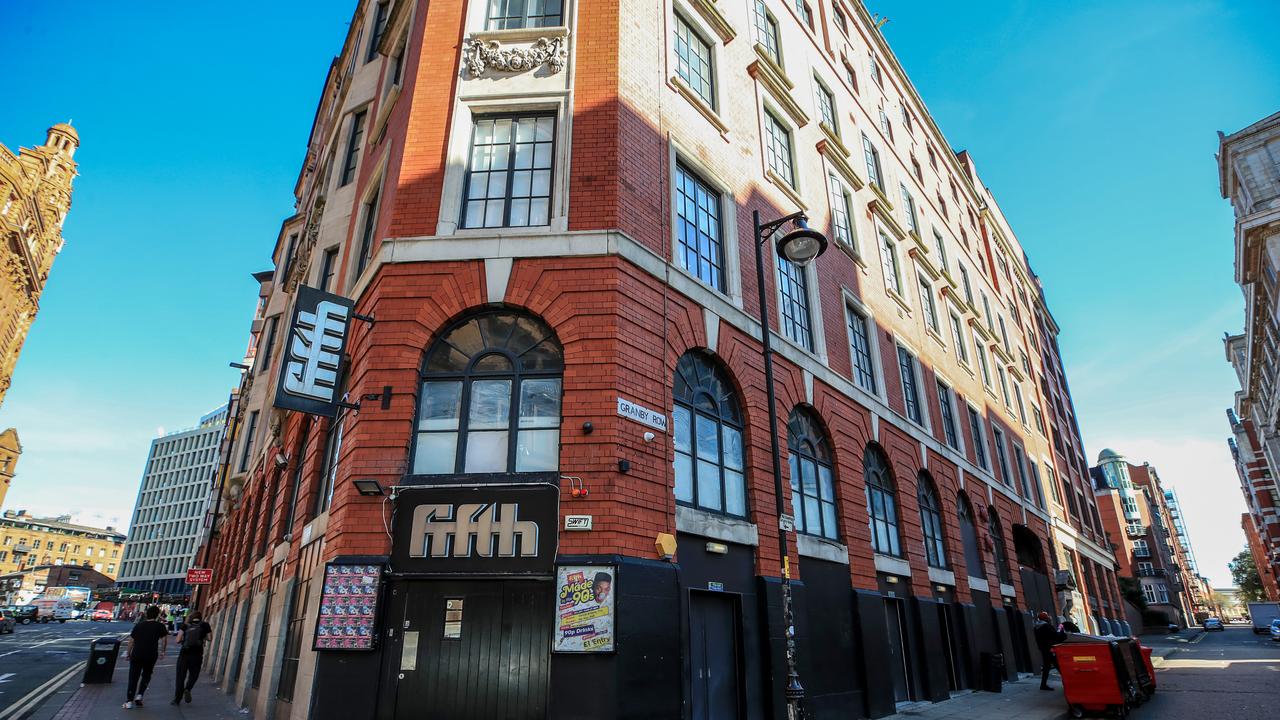‘Brought shame on all of us’: Family shun UK’s worst rapist after brutal jail bashing
On the surface, Reynhard Sinaga seemed harmless – but in reality, he was a depraved monster who drugged and raped hundreds of people.

The UK’s most prolific sexual predator in history, Indonesian former student Reynhard Sinaga, has been beaten up in prison – proving how inmates convicted of sexual assault risk brutal retribution behind bars from prison vigilantes.
Sinaga was convicted in 2020 of drugging and raping hundreds of men in his Manchester flat, and is serving life in prison in the UK with a minimum term of 40 years.
He was charged with 159 sexual offences, although police believed that there was evidence that he had attacked over 190 men between 2015 and 2017.
Sinaga was brutally beaten in HMP Wakefield on July 4, 2023 by another inmate, Jack McRae, although details of the prison beating only came to light last month when McRae appeared in Leeds Magistrates Court and was charged with attempting to cause actual bodily harm to Sinaga.

‘Brought shame on all of us’
Sinaga is originally from Indonesia’s Jambi Province on the island of Sumatra and, while his mother attended one of his pre-trial hearings, none of his family members were present at any of his four trials.
A member of Sinaga’s extended family, speaking on condition of anonymity due to the sensitive nature of his crimes, told news.com.au that the lurid details of the case had been extremely difficult to deal with.
“It is so embarrassing, he has brought shame on all of us,” they said.
“Now, when anyone Googles the name ‘Sinaga’, the first thing that comes up is stories about him.”
The family member declined to comment on his savage assault behind bars, reiterating only that they were “ashamed” of the entire case.

Monster’s sick crimes
When Sinaga was tried in court, the prosecution detailed how the Leeds University PhD student had regularly “prowled the streets” of Manchester looking for vulnerable men who were drunk or lost after a night out. He then developed a terrifying plan of attack, luring victims back to his flat by asking them if they needed a place to sleep or charge their mobile phones.
Once unsuspecting victims were in his flat, he would offer them drinks laced with powerful drugs which immediately knocked them unconscious. The men had no idea that they had been raped by Sinaga when they regained consciousness.
Sinaga, who was in his mid-30s at the time, lived openly as a gay man in Manchester, although he reportedly preyed almost exclusively on heterosexual men and boasted of “turning” them “gay” in WhatsApp groups.
He was finally caught in 2017 when his last victim, an amateur rugby player, regained consciousness as Sinaga was raping him, and managed to fight back and call the police.

When detectives raided his flat, they found purported “trophies” of Sinaga’s victims including mobile phones and watches, as well as hundreds of hours of mobile phone footage of him raping his drugged victims. The majority of victims only found out that they had been assaulted when the police identified them through the footage.
When Sinaga was arrested and put on trial, he cut an arrogant and dismissive figure, repeatedly refusing to apologise for his reign of terror and pleading not guilty to all the charges.
Despite the mountain of evidence against him, he tried to claim that the sexual encounters had been consensual and that the victims had been pretending to be unconscious.
Jail attack ‘no surprise’
Given the heinous nature of his crimes and his callous attitude in court, it is perhaps no surprise that Sinaga was attacked in prison where inmates often believe in a moral hierarchy of crimes, with rapists, pedophiles and other sexual predators determined to be among the worst offenders.

Dr Judith Jacob, a risk analyst for Forward Global, told news.com.au that sexual assault convicts are at greater risk of attacks behind bars.
“Prisoners who have been convicted of sexual assault face a higher rate of being assaulted themselves in UK prisons. That said, it does seem like attacks in prison are going up overall,” she said.
HMP Wakefield, where Sinaga is incarcerated, is a Category A prison and is one of the highest security prisons in the country, which houses some of the UK’s most dangerous inmates.
Dr Jacob said the assault was symptomatic of a wider issue in prisons across the UK.
“British prisons are in a state of disrepair. It is difficult to do an international comparison but UK institutions like the Institute for Government have said that prisons are in ‘a profound state of crisis’. Other studies show that they tend to be worse than other European prisons.”

One of the reasons why British prisons compare unfavourably to their European counterparts is the sheer numbers of incarcerated prisoners.
“There is significant overcrowding as the prison population has basically doubled in the last 25 to 30 years with longer sentences over the past decade keeping the prison population high. This is compounded by an increase in custodial sentences,” Dr. Jacob said.
“Ultimately there are too many prisoners, too few staff, and old and unfit facilities.”
Brutal ‘prison norm’
But it is not just UK prisons that have higher rates of assault against convicted rapists.
Dr Ahmad Sofian, a lecturer in criminal law at Indonesia’s Bina Nusantara University, told news.com.au that cases of attacks in prison against perpetrators of sexual violence are very common all across the globe, including in Sinaga’s home country.

“Several cases that I observed in Indonesian prisons prove that there is often violence against perpetrators of sexual violence by other prisoners, especially if their case goes viral and is known to other inmates,” Dr Sofian said.
“Generally, those who are attacked are male prisoners who committed sexual violence in the form of rape, especially if their victim was a child.”
He added that, even though prisoners who commit these kinds of assaults are themselves perpetrators of other crimes, prison lore dictates that the crime of rape is worthy of additional punishment behind bars.
“This has become a prison norm that has been passed down from generation to generation and which applies in prisons in many countries,” he said.
“Anyone who commits rape is considered to have violated the life values that most prisoners believe in.”
Aisyah Llewellyn is a freelance journalist based in Indonesia





